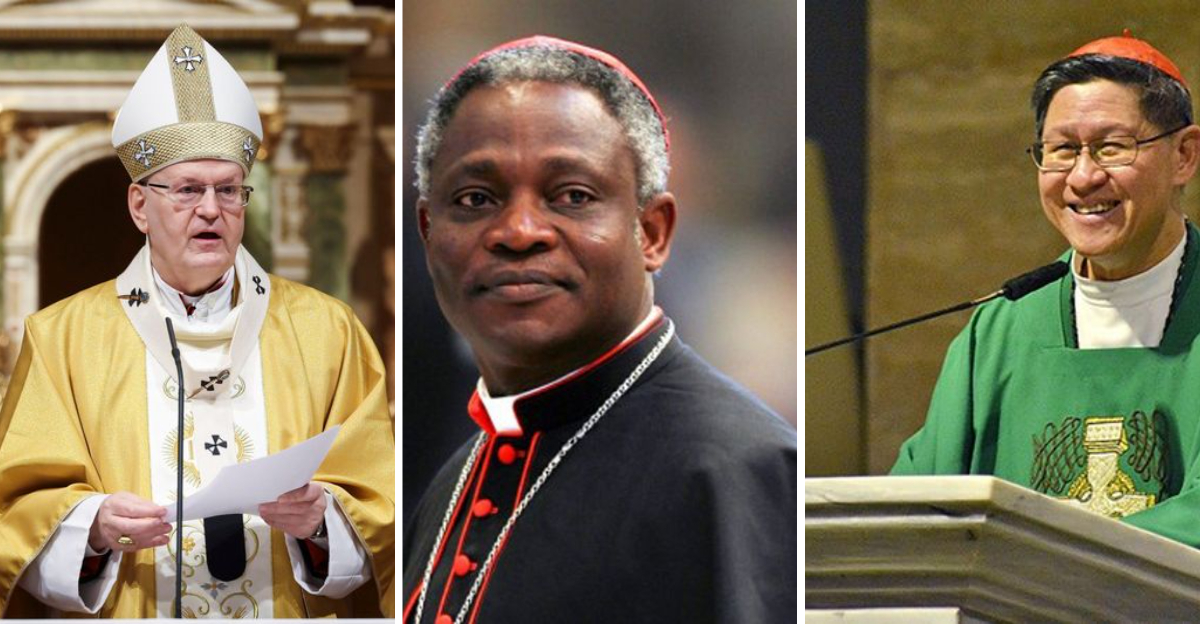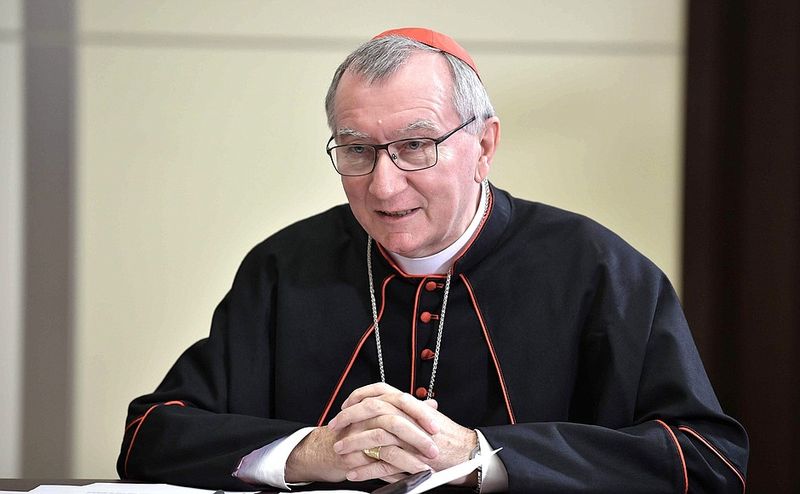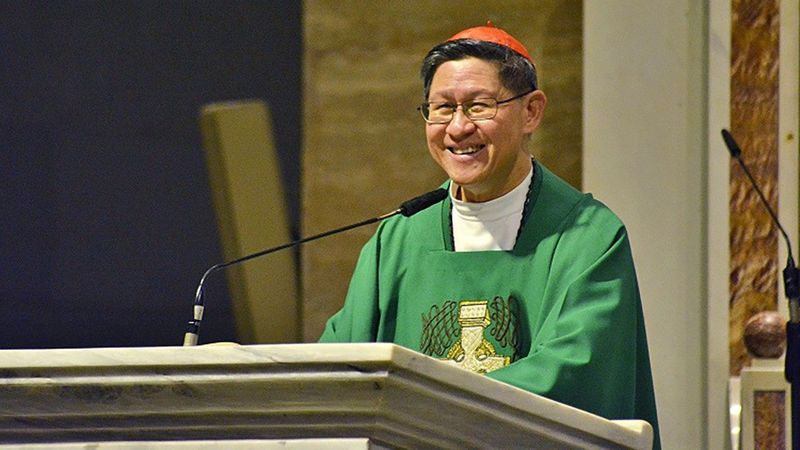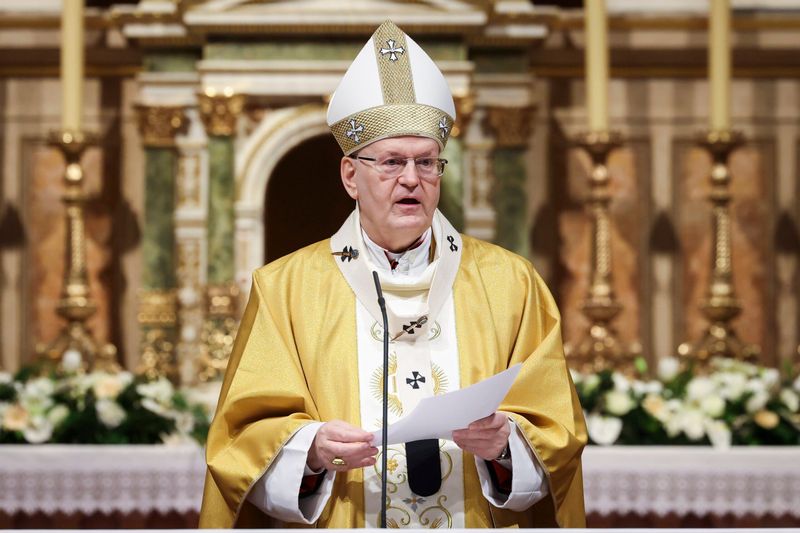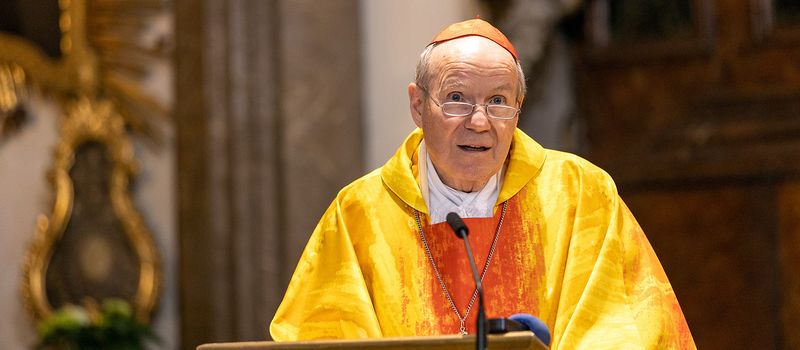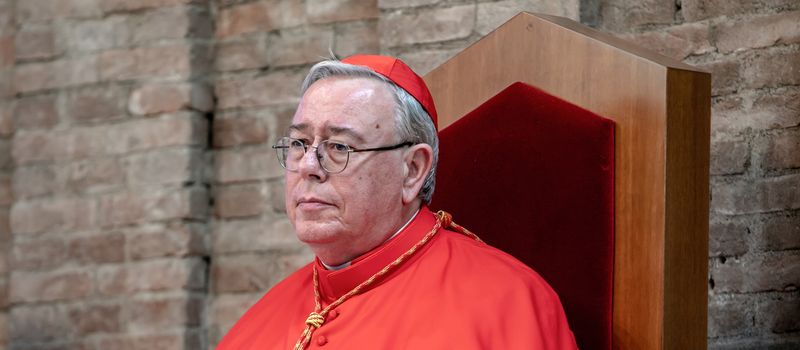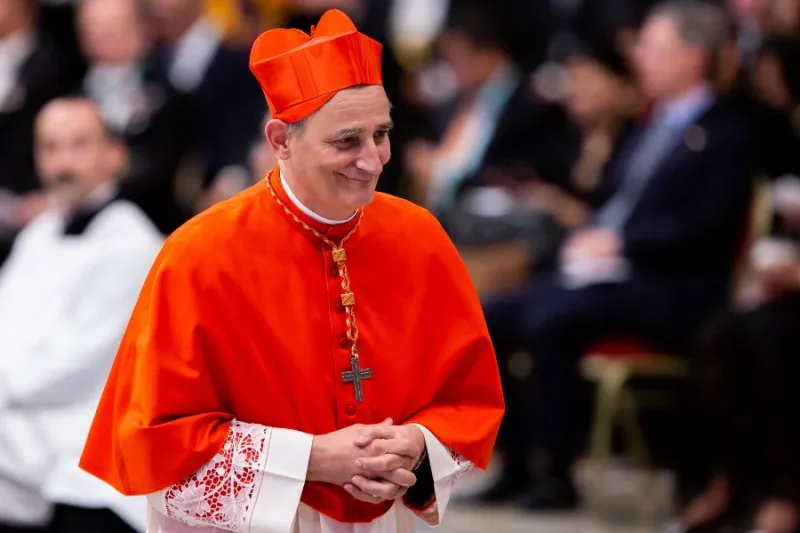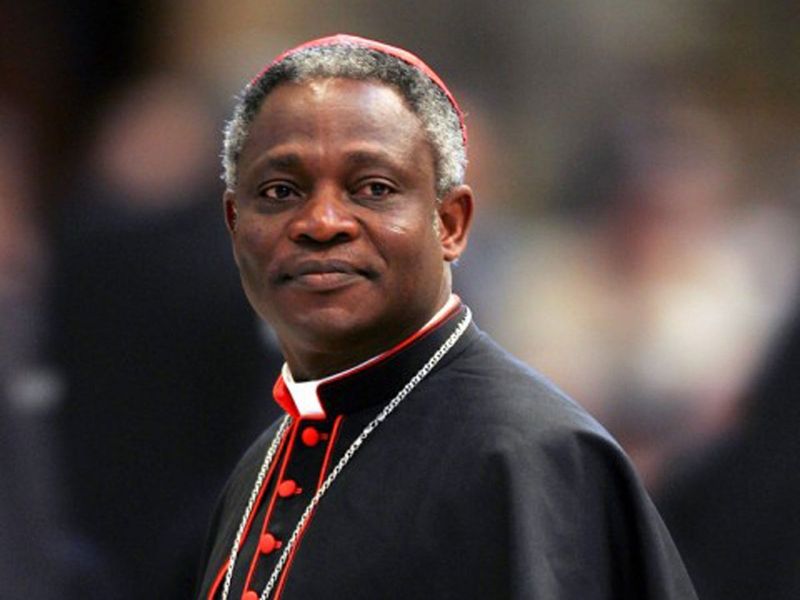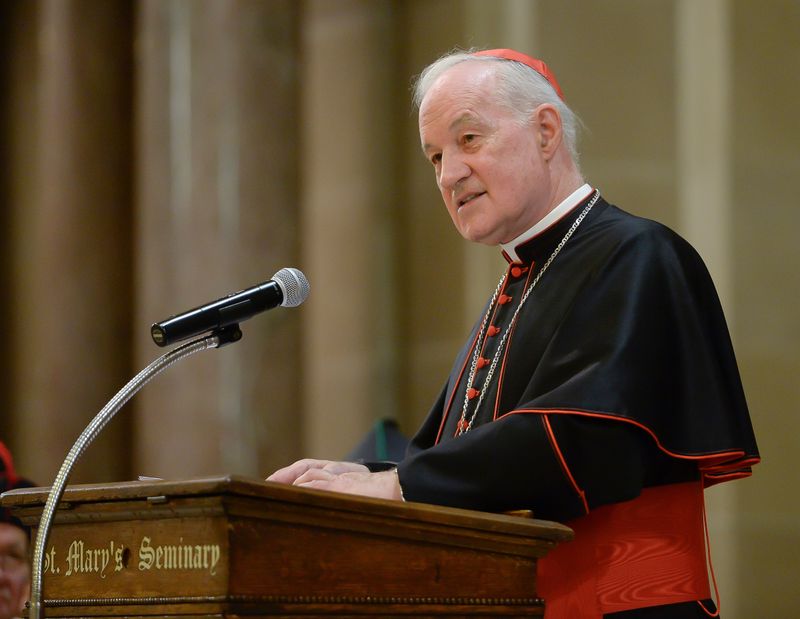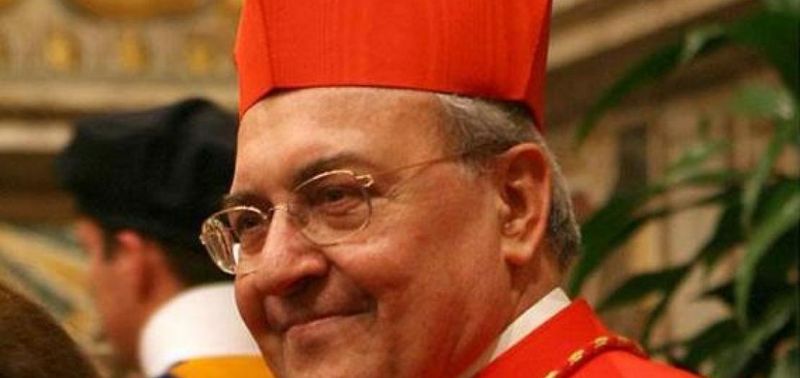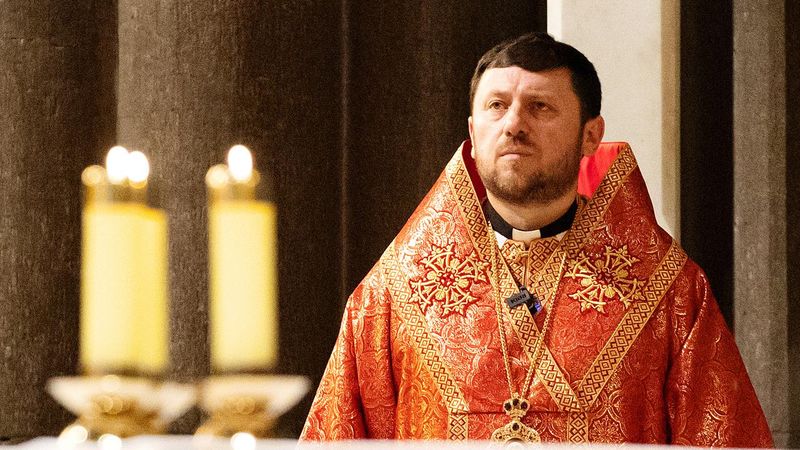As the Catholic Church looks towards its future, speculation abounds about who will step into the role of the next Pope.
With 1.4 billion Catholics worldwide, the choice of leadership is crucial.
Here are ten men who have the potential to become the next spiritual leader of the Catholic Church.
1. Cardinal Pietro Parolin (Italy)
Cardinal Pietro Parolin serves as the Vatican Secretary of State, making him one of the most influential figures in the Catholic Church today. His expertise in diplomacy and governance is well-recognized, positioning him as a prime candidate for the papacy.
With a moderate stance and deep institutional experience, Parolin navigates complex global relationships with ease. His leadership style blends traditional values with an openness to dialogue.
His Italian roots and fluency in multiple languages further enhance his candidacy, making him a figure of unity and continuity within the Church.
2. Cardinal Luis Antonio Tagle (Philippines)
Cardinal Luis Antonio Tagle, known for his warm and engaging presence, is a rising star within the Catholic Church. As head of the Church’s evangelization mission, he brings a global perspective and a fresh approach.
Hailing from the Philippines, Tagle represents a shift towards the Global South, emphasizing inclusivity and compassion. His media-savvy nature and pastoral charisma endear him to Catholics worldwide.
Tagle’s ability to connect with people across cultures adds a dynamic edge to his leadership, embodying a modern vision for the Church’s future.
3. Cardinal Péter Erdő (Hungary)
Cardinal Péter Erdő stands as a beacon of theological orthodoxy and intellectual prowess within the Catholic hierarchy. Known for his expertise in canon law, he has served as the Archbishop of Esztergom-Budapest.
Erdő’s European roots and respected leadership make him a compelling choice for those seeking a balance between tradition and contemporary needs. His calm demeanor and scholarly insight provide a foundation for thoughtful governance.
A potential compromise candidate, Erdő embodies the wisdom and stability desired in a future Pope.
4. Cardinal Christoph Schönborn (Austria)
Cardinal Christoph Schönborn is a revered figure known for balancing doctrine with open dialogue. As editor of the Catechism, he has significantly influenced theological discussions.
While age may be a consideration, Schönborn’s experience and moderate voice resonate with those valuing inclusivity in European Catholicism. His Austrian background and gentle manner make him a respected leader.
His contributions to Church reform and his genuine engagement with diverse communities reflect a harmonious blend of wisdom and openness.
5. Cardinal Jean-Claude Hollerich (Luxembourg)
Cardinal Jean-Claude Hollerich plays a pivotal role as General Relator of the Synod on Synodality, steering crucial reform efforts within the Church. A Jesuit like Pope Francis, he champions an inclusive vision for Catholicism.
Hollerich’s ability to navigate complex issues with clarity and compassion positions him as a forward-thinking candidate. His Luxembourg roots and Jesuit background bring a unique perspective.
His emphasis on unity and dialogue is a testament to his dedication to modernizing the Church while respecting its core values.
6. Cardinal Matteo Zuppi (Italy)
Cardinal Matteo Zuppi is celebrated for his charismatic and pastoral approach, making significant strides in peacebuilding and compassionate outreach. Serving as president of the Italian Bishops’ Conference, he holds a prominent position within the Church.
Zuppi’s ability to connect with people on a personal level enhances his appeal. His Italian heritage and commitment to social justice resonate deeply with the faithful.
His energetic leadership and innovative strategies provide a refreshing perspective, aligning with contemporary Church needs.
7. Cardinal Peter Turkson (Ghana)
Cardinal Peter Turkson is a groundbreaking figure known for his advocacy on environmental and social justice issues. As the former head of the Vatican’s office for promoting integral human development, he has made a lasting impact.
Turkson’s African heritage and bold stance on global concerns position him as a symbol of change and inclusivity. His leadership style reflects a commitment to addressing contemporary challenges through faith.
Turkson’s vision for an equitable and sustainable world resonates with a wide audience, potentially marking a historic shift for the papacy.
8. Cardinal Marc Ouellet (Canada)
Cardinal Marc Ouellet, a seasoned theologian and former Vatican official, embodies a blend of conservatism and diplomacy. His Canadian roots and extensive experience make him a prominent figure in ecclesiastical circles.
While age and recent controversies may affect his candidacy, Ouellet’s contributions to Church governance and his diplomatic finesse are noteworthy.
His thoughtful approach to complex theological issues and commitment to preserving Church teachings resonate with traditionalists seeking stability.
9. Cardinal Leonardo Sandri (Argentina)
Cardinal Leonardo Sandri holds a venerable place within the Church with his extensive Vatican experience and ties to Eastern Rite communities. His Argentine roots and diplomatic acumen mark him as a respected elder statesman.
Though his age may be a concern, Sandri’s insights and connections offer valuable continuity. His role bridges Western and Eastern traditions, adding depth to his leadership potential.
His dedication to fostering understanding among diverse rites reflects a harmonious approach to Church unity.
10. Bishop Mykola Bychok (Ukraine)
Bishop Mykola Bychok emerges as a young and dynamic leader within the Ukrainian Greek Catholic Church. Though not a cardinal, his influence and spiritual leadership have garnered significant attention.
Bychok’s advocacy amid the ongoing conflict in Ukraine highlights his courage and commitment to peace. His youthful energy and dedication to cultural preservation resonate with a new generation of Catholics.
His potential elevation to the college of cardinals signifies hope for future Church leadership that embraces diversity and resilience.
